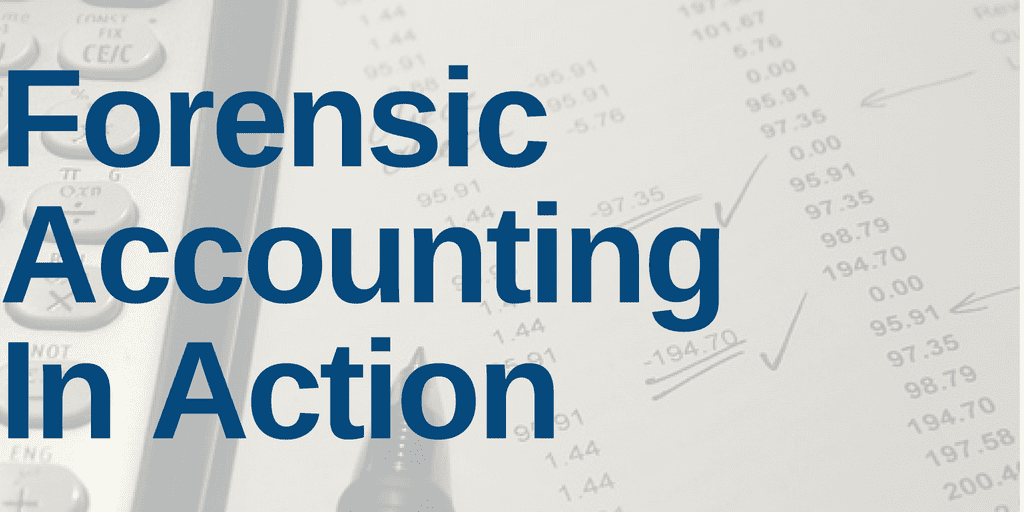For February 28, 2020, our forensic accounting needle in a haystack comes from abnormal tax rates across three companies.
Analysts Robbie Woodward, Lucas DeSantis, and Hunter Anderson found unusual items in three companies’ 2019 10-Ks.
In 2019, Hertz Global Holdings, Inc. (HTZ) had a reported effective tax rate of 500% due to a significant increase in its tax provision from the prior year. After removing the tax impact of unusual gains and losses in HTZ’s filings, we find the firm’s cash tax rate is just 31% in 2019. When we remove all unusual gains and losses, we see that HTZ’s 2019 after-tax profit (NOPAT) was $583 million compared to its 2019 GAAP net income of -$58 million.
Boston Scientific Corp (BSX) recorded a tax benefit of $4.1 billion related to asset transfers within wholly-owned subsidiaries, which led to a reported effective tax rate of -584% in 2019. Our calculations show BSX’s cash tax rate is 8%. Without the impact of this tax benefit, BSX’s NOPAT in 2019 was $2.4 billion compared to GAAP net income of $4.7 billion.
Lastly, Univar Solutions Inc. (UNVR) had a reported effective tax rate of -9,500% in 2019 due to increased international tax impacts and tax gains on the sale of a business. After removing the impact of unusual gains and losses, we find the firm had a cash tax rate of 7%. After making all adjustments for unusual gains and losses, we see that UNVR’s 2019 NOPAT was $371 million compared to its 2019 GAAP net income of -$100 million.
We remove the tax impact of non-operating items to ensure an accurate measure of profits, including taxes. We do the hard work to provide the best models available.
The Power of the Robo-Analyst
We have analyzed 242 filings since February 22, 2020, from which our Robo-Analyst[1] technology collected 28,620 data points. Our analyst team made 6,058 forensic accounting adjustments with a dollar value of $5.0 trillion. The adjustments were applied as follows:
- 2,450 income statement adjustments with a total value of $349 billion
- 2,547 balance sheet adjustments with a total value of $2.2 trillion
- 1,061 valuation adjustments with a total value of $2.5 trillion
No Substitute for Diligence
Our technology enables us to deliver diligence on fundamentals at a previously impossible scale. We believe this research is necessary to uncover the true profitability of a firm and make sound investment decisions. “Core Earnings: New Data and Evidence,” a recent paper from professors at Harvard Business School and MIT Sloan, shows how our adjustments create a measure of core earnings that is more predictive of future earnings than comparable metrics from Compustat and IBES.
This article originally published on February 28, 2020.
Disclosure: David Trainer, Kyle Guske II, and Matt Shuler receive no compensation to write about any specific stock, sector, style, or theme.
Follow us on Twitter (#filingseasonfinds), Facebook, LinkedIn, and StockTwits for real-time alerts on all our research.
[1] Harvard Business School features the powerful impact of our research automation technology in the case New Constructs: Disrupting Fundamental Analysis with Robo-Analysts.
